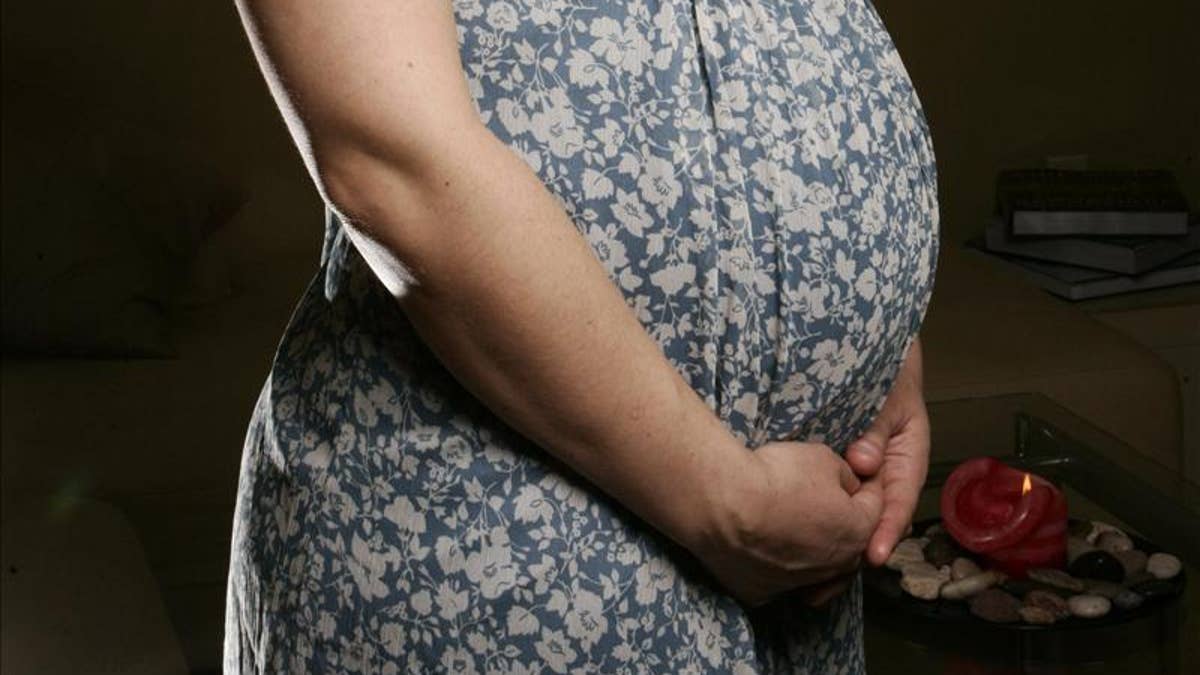
Preventing a preterm birth – a fertility issue that disproportionately affects Hispanics – is going to get a lot more expensive.
An injection for high-risk pregnant women has cost about $10 to $20. But the drug is expected to drastically rise next week, to $1,500 a dose. Because women have to get weekly shots to prevent early labor, women may be forced to cough up as much as $30,000.
The drug, a form of progesterone, has been made cheaply for years. It has been mixed in special pharmacies that custom-compound treatments not federally approved.
But recently, KV Pharmaceutical of suburban St.Louis won government approval to exclusively sell the drug, known as Makena (Mah-KEE'-Nah). The March of Dimes and many obstetricians supported that because it means quality will be more consistent and it will be easier to get.
None of them anticipated the dramatic price hike, though especially since most of the cost for development and research was shouldered by others in the past.
"That's a huge increase for something that can't be costing them that much to make. For crying out loud, this is about making money," said Dr. Roger Snow, deputy medical director for Massachusetts' Medicaid program.
"I've never seen anything as outrageous as this," said Dr. Arnold Cohen, an ob-stetrician at Albert Einstein Medical Center in Philadelphia.
Preterm birth, birth at less than 37 completed weeks of gestation, is the second leading cause of neonatal mortality in the United States, according to the Center for Disease Control.
Studies have shown Hispanic women are about 22 percent more likely than white women to deliver preterm, though the reasons for that are unclear. These very early births produce children who if they survive need months of intensive care and often suffer disabilities.
A study published in the journal Fertility and Sterility last month also showed Latinas are 13 percent less likely than whites to have a live birth as a pregnancy outcome.
Doctors say the price hike may deter low-income women from getting the drug, leading to more premature births. And it will certainly be a huge financial burden for health insurance companies and government programs that have been paying for it.
The cost is justified to avoid the mental and physical disabilities that can come with very premature births, said KV Pharmaceutical chief executive Gregory J. Divis Jr. The cost of care for a preemie is estimated at $51,000 in the first year alone.
"Makena can help offset some of those costs," Divis told The Associated Press. "These moms deserve the opportunity to have the benefits of an FDA-approved Makena."
The U.S. Food and Drug Administration is not involved in setting the price for the drugs it approves.
A KV subsidiary, Ther-Rx Corp., will market the drug. On Tuesday, it announced a patient assistance program designed to help uninsured and low-income women get the drug at little or no cost.
But Snow and others said someone is going to have to pay the higher price. Some of the burden will fall on health insurance companies, which will have to raise premiums or other costs to their other customers. And some will fall on cash-strapped state Medicaid programs, which may be forced to stop paying for the drug or enroll fewer people.
"There's no question they can't afford this," said Matt Salo, executive director of the National Association of Medicaid Directors.
A study of women at risk for preterm birth found that only about 36 percent of those given the progesterone drug had preterm births, compared with 55 percent among those not on the drug.
It's believed the treatment calms the muscles of the uterus, experts said.
The Ther-Rx patient assistance program promises free injections or much reduced prices based on income. Uninsured households making less than $100,000 are eligible for a copay of $20 or less.
Ther-Rx and its parent company became involved about three years ago and acquired rights to the drug from a Massachusetts company named Hologic Inc., said Divis, who is also Ther-Rx's president.
To get FDA approval, the company is spending hundreds of millions of dollars in additional research, including an international study involving 1,700 women, Divis said. The FDA last month signed off and gave Makena orphan drug status. That designation ensures Ther-Rx will be the sole source of the drug for seven years.
The March of Dimes, which gets hundreds of thousands of dollars in funding from Ther-Rx, celebrated the approval in a press release, saying if all women eligible for the shots receive them, nearly 10,000 spontaneous premature births could be prevented each year.
"For the first time, we have an FDA-approved treatment to offer women who have delivered a baby too soon, giving them hope that their next child will have a better chance at a healthy start in life," said Dr. Alan Fleischman, the organization's medical director.
As for the cost, he said the drug maker's financial assistance program will ensure no eligible woman is denied the drug due to inability to pay.
Based on reporting by The Associated Press.
Follow us on twitter.com/foxnewslatino
Like us at facebook.com/foxnewslatino








































